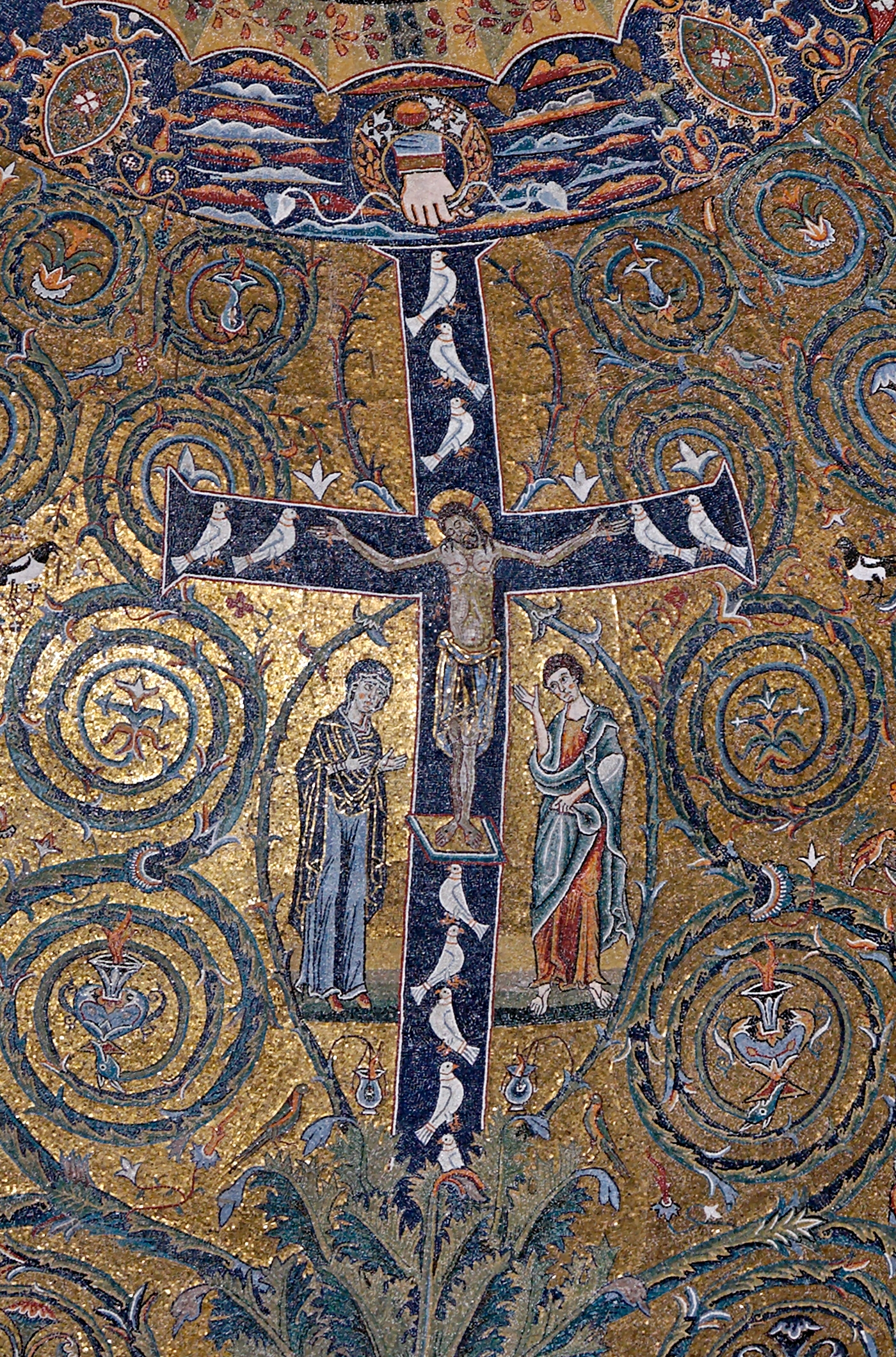This is a post I intended for the George MacDonald Facebook page, I thought maybe it would be better hosted here.
George MacDonald lived at one of the turning points in our culture. Victorian England was still ostensibly a Christian culture, you can see in his novels that church attendance was the norm but he also documents how this was increasingly a social show and he often depicts sincere atheists in a better light than insincere Christians.
By the time of the Inklings (A literary discussion group comprising CS Lewis, Tolkien, Charles Williams and Owen Barfield, et al), they were exceptions by being Christian intellectuals in a largely secular culture, particularly in the intellectual culture. Lewis wrote a very good book “The Discarded Image” which dealt with the way throughout the middle ages Christian philosophers, scientists and poets viewed their conception of the ptolemaic world view. Lewis didn’t see this world view as fundamentally Christian but it was used in a Christian context. In this view there was a participation with the world the world macrocosm was reflected in the microcosm of man. Within this view we have the Christian idea that in the beginning was the Word, so we have meaning at the centre of existence.
We now live in a secular society where the ruling paradigm is materialism that looks for truth with a microscope or telescope “out there” in the world and I don’t see that much difference to the fundamentalist Christians who see the truth as “out there” in a book. MacDonald had a very strong imaginative sense of participation with God, where Truth is seen and experienced as fundamental.
The US election has just passed and one of the things that really strikes me about it, is how much cynicism there is about our societies basic building blocks. There is a sense that our politicians are bought and corrupt, no one is trustworthy, other building blocks like the nuclear family are both far less robust than they had been and generally not even considered as important. There are plenty of people who think 911 was an inside job, that global warming is liberal hoax, that Shakespeare didn’t write his plays and that jesus Christ did not exist. It is now pretty mainstream to think Western culture in all it’s varieties including Government and Business is simply an oppressive patriarchy. CS Lewis spoke about how this inclination to see through everything means that you end up seeing nothing. All of these impulses are deconstructing, I don’t think we’ll find a beautiful world if all we do is take things apart. When rationality that starts off with the presupposition of meaning ends with the conclusion that all meaning is subjective, then it should be no surprise that our discourse becomes increasingly frivolous. Instead of arguing the nature of meaning and the world, university students seem more concerned with where they sit on an entirely fluid gender spectrum.
Are we going to be able to build a new intellectual spiritual paradigm to replace that ‘discarded image”? Personally I think Owen Barfield may represent a possible direction. I don’t think religion is simply a matter of individual salvation, it is used as a basic building block for civil society. Sorry if these are rather gloomy reflections.
I thought this was going to end in a question for people to discuss, maybe the question is what do people think of the idea that a world view that sees meaning as fundamental (as religious views generally do) is necessary for healthy functioning society? Is their such a world view and how does it get taken up by society at large?



